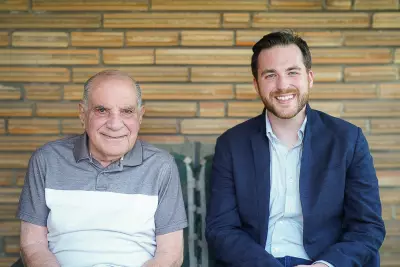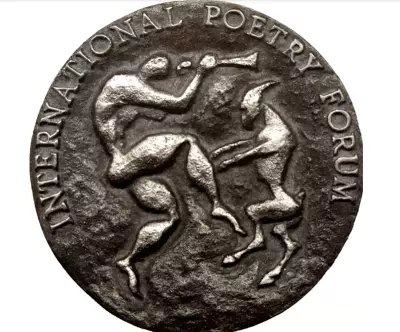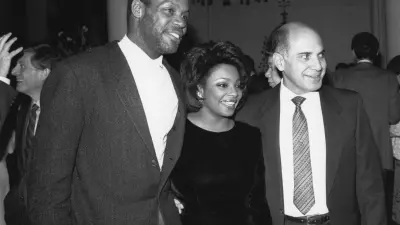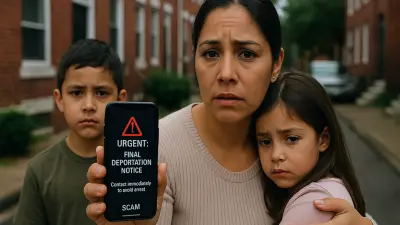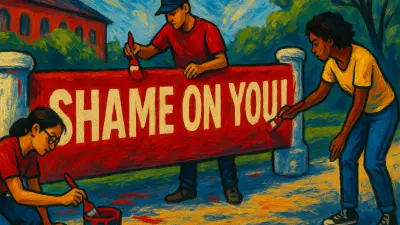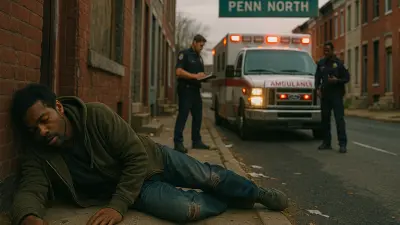For decades, the Pittsburgh-area news media covered poetry in its pages thanks in large part to one man’s effort to make verse mainstream and accessible to the masses. Now, after a long hiatus, that effort is making a comeback by way of the newly reimagined International Poetry Forum in Pittsburgh.
For nearly half a century (1966–2009), a group of newspapers and magazines in Pittsburgh got into the strange habit of reviewing local poetry readings.

In a national context, this practice was completely anomalous. Book reviews in news outlets are common; poetry book reviews are slightly less so. But for a paper to review a poetry reading is a rare thing. When former U.S. Poet Laureate Mona Van Duyn surveyed national publication trends in 1993, she lamented that she was unable to unearth a single newspaper in the country that regularly covered poetry readings. This was qualified with the sole exception of Pittsburgh, “where a reading is reviewed the next morning by two newspapers.”
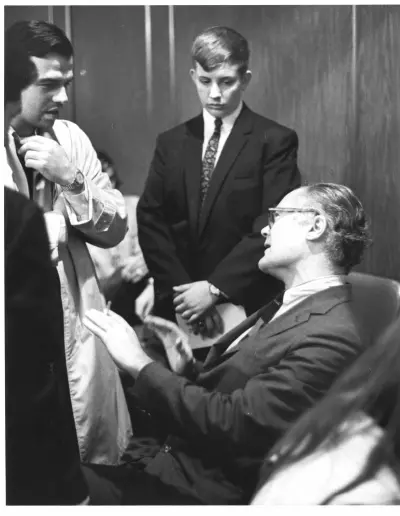
The architect of this unusual custom was Samuel Hazo, inaugural State Poet of Pennsylvania. In 1966, Hazo founded the International Poetry Forum, a nonprofit organization that hosted poetry readings and educational programs in Pittsburgh for 43 years (including ten years of dual programming in Washington, D.C., in collaboration with the Smithsonian Institution).
During this period, the International Poetry Forum welcomed over 800 poets and performers from more than 50 countries to offer readings in Pittsburgh—including nine Nobel laureates, 14 Academy Award recipients, 28 U.S. Poets Laureate, 39 National Book Award winners, and 47 Pulitzer Prize winners—as well as a Princess, a Queen, and a Steelers Super Bowl MVP.
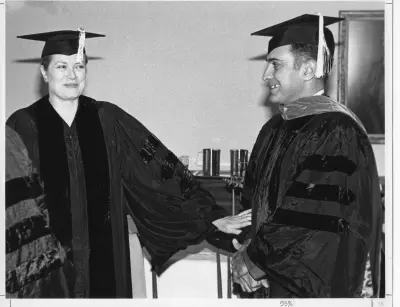
Hazo’s mission was to foster the love of poetry as a spoken medium to celebrate poetry as an “expected part of public speech.” According to Hazo’s thesis, poetry deserves the same kind of sustained attention we give to music or to cinema (or, especially in Pittsburgh’s case, to sport).
Despite Pittsburgh’s cultural reputation in the 1960s, Hazo’s project was a staggering (even unexpected) success. For 43 years, all under Hazo’s leadership, hundreds (and in some cases thousands) would visit the Carnegie Lecture Hall or Music Hall to witness what would become one of the largest and most significant poetry programs in the country.
The Forum’s alumni base is almost unmatched, spanning poets, musicians, artists, and performers such as W.H. Auden, Jorge Luis Borges, Gwendolyn Brooks, Mary Oliver, Kurt Vonnegut, Lucille Clifton, Adonis, Elizabeth Bishop, Grace Kelly, James Earl Jones, Gregory Peck, Danny Glover, Anthony Hopkins, Judy Collins, Liam Clancy, Queen Noor of Jordan, and hundreds more.
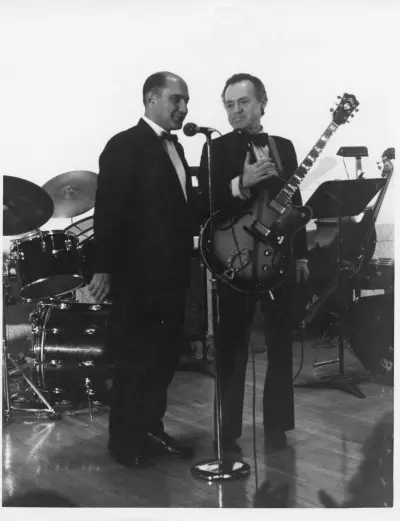
Pittsburgh’s news outlets picked up this enthusiasm. From Archibald MacLeish’s inaugural reading in 1966 until Hazo’s retirement in 2009, most of the Forum’s poetry readings were reviewed by both members of the public and regular newspaper staff dedicated to Forum coverage. Over the past year, I have read through some thousand-odd archival clippings from the Forum’s history. Most of the reviews were celebratory; some, naturally, were critical.
The most exciting (at least from a historical perspective) were readings that inspired multiple reviews with contending perspectives.
One such case was born on Sept. 26, 1979, when playwright and poet Tennessee Williams visited the Forum. According to an effusive review in the Pittsburgh Post-Gazette the following morning, Williams “seemed as much at home on the bare stage of the music hall as if he had invited us all in for a julep. In a way, he did.” A second review from the (now defunct) Pittsburgh Press echoed this sentiment. But a third and a fourth review—one from Somerset’s Daily American and yet another from the Post-Gazette—excoriated Williams. According to the last, Williams “bombed”: he “stumbled on and he wandered off,” and to suggest otherwise was “treacle.”
Some of these debates were comical. Some, in retrospect, are easy to laugh off. One disgruntled reviewer from 1987 complained of Hazo’s decision to invite obscure poets, arguing that the Forum’s lineup that year had “deteriorated—there is no kinder word.” The poets under fire included three of the century’s greatest—Derek Walcott, Czesław Miłosz, and Seamus Heaney—all of whom would be Nobel laureates within a decade’s time.
But my goal is not to apologize or to counter-criticize. Instead, I want to draw attention to the absolute uniqueness of this situation. Thanks to Hazo’s efforts–and to a host of peer poetry organizations and educational programs such as Hemingway’s, Pittsburgh Arts & Lectures, City of Asylum, Pittsburgh Poetry Exchange, and more–Pittsburgh newspapers served for half a century as serious and sustained venues for debate about poetry’s role in the public sphere.
In 2024, as in 1966, Hazo’s vision remains vital. And his fundamental questions remain: what is the role of poetry in public? And what is the role of beauty in our daily lives? For Hazo, the answer to these questions must begin in poetry’s unique ability to speak to the deepest part of our common humanity.
This past year, Hazo, now 95 (and currently publishing some of his best work), approached me about relaunching the International Poetry Forum in Pittsburgh. This fall, the nonprofit organization is set to resume programming in Pittsburgh after a hiatus of 15 years.
You can learn more about our plans (and help share ideas for our future) by visiting our website and Instagram, or by emailing us at [email protected].
